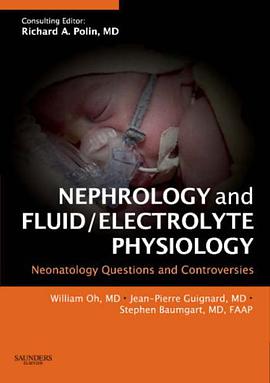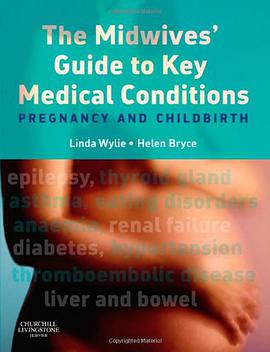

具體描述
Our understanding of the past shapes our sense of the present and the future: this is historical consciousness. While academic history, public history, and the study of collective memory are thriving enterprises, there has been only sparse investigation of historical consciousness itself, in a way that relates it to the policy questions it raises in the present. With Theorizing Historical Consciousness, Peter Seixas has brought together a diverse group of international scholars to address the problem of historical consciousness from the disciplinary perspectives of history, historiography, philosophy, collective memory, psychology, and history education.Historical consciousness has serious implications for international relations, reparations claims, fiscal initiatives, immigration, and indeed, almost every contentious arena of public policy, collective identity, and personal experience. Current policy debates are laced with mutually incompatible historical analogies, and identity politics generate conflicting historical accounts. Never has the idea of a straightforward 'one history that fits all' been less workable. Theorizing Historical Consciousness sets various theoretical approaches to the study of historical consciousness side-by-side, enabling us to chart the future study of how people understand the past.
著者簡介
圖書目錄
讀後感
評分
評分
評分
評分
用戶評價
相關圖書
本站所有內容均為互聯網搜索引擎提供的公開搜索信息,本站不存儲任何數據與內容,任何內容與數據均與本站無關,如有需要請聯繫相關搜索引擎包括但不限於百度,google,bing,sogou 等
© 2025 book.quotespace.org All Rights Reserved. 小美書屋 版权所有




















